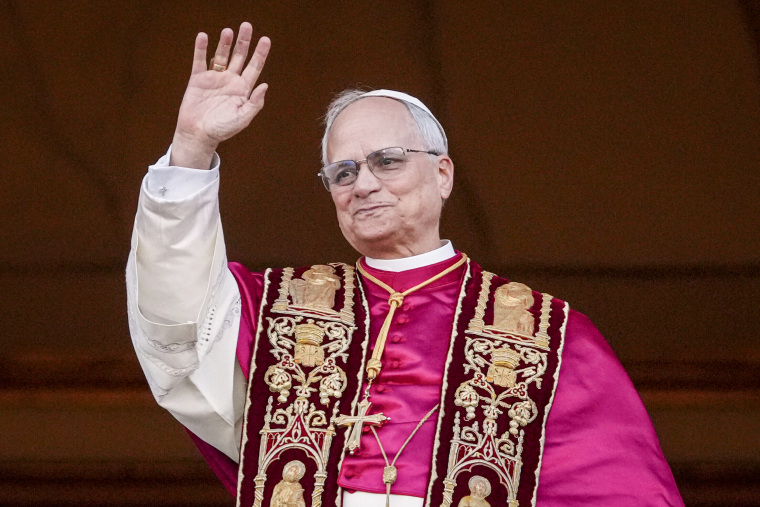The Influence of Rerum Novarum on the Modern Papacy: A New Era under Pope Leo XIV
The election of Pope Leo XIV, the first American-born leader of the Catholic Church, comes at a time of profound change and reflection. As the 267th pontiff, his vision is rooted in the essential themes of Catholic social teaching, particularly those expressed in rerum novarum. Leo XIV’s background and approach offer Catholics and observers around the world a unique perspective on the relevance of these foundational teachings today.

The Lasting Impact of Rerum Novarum
Issued by Pope Leo XIII in 1891, rerum novarum addressed the pressing social and economic issues of its time. It emphasized the dignity of work, the rights and duties of labor and capital, and the importance of social justice. These principles remain central to the Catholic Church’s mission today. Pope Leo XIV’s early remarks from St. Peter’s Basilica, calling for bridge-building and dialogue, clearly draw from this tradition of advocacy for the vulnerable (CNN).
Leo XIV's commitment to rerum novarum is reflected not only in his choice of the papal name but also in his widespread missionary experience. His ministry in Peru and leadership of the Augustinian order show a focus on the needs of the marginalized and the promotion of social harmony.
A Historical Papal Election with Global Implications
Pope Leo XIV’s election reflects a shift toward a more inclusive and global Church. As highlighted in reports from NBC News, Leo XIV’s life has been marked by service outside his native United States. His fluency in multiple languages and his embrace of multiculturalism speak to the universality of the Church’s message.
This new chapter is especially significant in light of rerum novarum, which called for solidarity and cooperation between nations. Leo XIV’s international background suggests a continued dedication to these values. The enthusiastic reactions from diverse world leaders underscore the Church’s potential to serve as a moral voice on matters of justice and peace.
Challenges Ahead: Continuing a Legacy of Justice
While Leo XIV begins his papacy with wide support, important challenges remain. Issues such as clerical abuse, the evolving role of women in the Church, and the need for transparent governance demand thoughtful leadership. In addressing these topics, the Church must remain true to the spirit of rerum novarum: upholding dignity, promoting the common good, and seeking reconciliation.
The Church’s relationship with global political movements and modern societal shifts also creates unique pressures. The principles expounded in rerum novarum—including the right to meaningful work, fair wages, and participation in civic life—remain as relevant as ever in addressing today’s debates on migration, inequality, and conflict.
A New Era Rooted in Tradition
As Pope Leo XIV shapes his vision for the future, he stands on the shoulders of giants. The values of rerum novarum serve as a guide, ensuring that the Church’s mission continues to focus on justice, charity, and solidarity. Observers will watch closely to see how these ideals are realized in practice during this historic papacy.
For further insights into Pope Leo XIV’s background and the global significance of his election, see detailed accounts from CNN and NBC News.
Summary: As the world enters a new era under Pope Leo XIV, the ongoing influence of rerum novarum ensures that Catholic social teaching remains at the heart of the Church’s mission. Faithful around the globe can look forward to leadership rooted in dialogue, justice, and global solidarity.